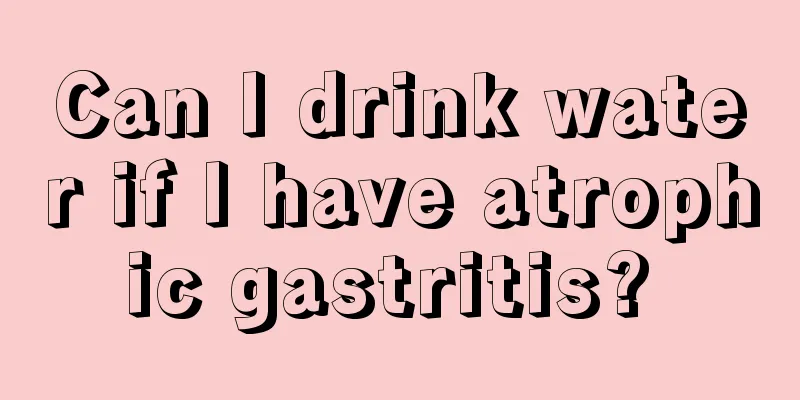Is type O blood a universal blood type?

|
There is a special protein on the surface of our human red blood cells, which is called "antigen"; some people carry A antigen on the surface of their red blood cells, and some carry B antigen; people with A antigen have type A blood, those with B antigen have type B blood, those with both have type AB blood, and those with neither antigen have type O blood. When a person with type A blood receives a transfusion of type B blood, he will have a "hemolytic reaction". This is because in daily life, type O blood is known as the universal blood type. Although there are many exaggerations, type O blood can indeed be transfused in small amounts to people in need under some emergency situations. However, most of the time, the principle of transfusion between people of the same blood type is still adhered to. The main reason is that people with different blood types do not have different antigens in their bodies. Once the recipient does not have the corresponding antigens in his body during blood transfusion, the so-called hemolytic reaction will occur, which will in turn produce normal red blood cells in the body, causing discomfort or even life-threatening. Because there are no type B blood antigens in the body of type A blood people, the immune system of type A blood people will recognize the "type B blood" cells as sneaking enemies and launch an attack. The attacked red blood cells rupture and are decomposed. This reaction often occurs in the early stages of blood transfusion. Generally, chills, flushed face, difficulty breathing, low blood pressure and other problems may occur after transfusion of about 10 ml. Severe hemolytic reactions can lead to death of body tissues and endanger the patient's life. In fact, since O-type red blood cells do not have A and B antigens, they can indeed be transfused in small amounts to people with A, B, or AB blood types when there is really no blood source. However, blood is not composed of only red blood cells. The plasma of type O blood contains anti-A agglutinin and anti-B agglutinin. If red blood cell preparations containing type O plasma are transfused into the bodies of type A, B, or AB patients, it will cause varying degrees of immune hemolytic transfusion adverse reactions. Therefore, hospitals currently transfuse blood of the same blood type. Our blood system is not limited to ABO blood type, there is also Rh blood type system, MNS blood type system, P blood type system and so on. In order to ensure that the blood will not undergo hemolytic reaction after transfusion, a "cross-matching" experiment will be performed before transfusion to see whether your blood and the blood donor's blood will undergo agglutination reaction. Blood transfusion will only be performed if agglutination reaction does not occur. |
<<: Can blood tests detect drug use?
Recommend
At what age does skin cancer first occur
What should I do if my face is ulcerated by skin ...
What to do if you are stung by a tiger cub
The tiger cricket, also known as the cricket, is ...
What is acne on the philtrum
When acne appears, our first thought is to quickl...
What should be paid attention to in the treatment of lung cancer? These three aspects should be paid attention to in the treatment of lung cancer
What should we pay attention to when treating lun...
What are the steps for skin moisturizing
There are many ways to moisturize the skin. Some ...
What should I do if there is dead skin next to my nails
Every woman wishes to have a pair of beautiful ha...
Can pet parasites be transmitted to humans?
Nowadays, everyone likes to keep pets. The most c...
Blood in nasal sputum
There are many patients with sinusitis in life. T...
How long does a tooth filling last
Many people have cavities in their teeth, which c...
Wearing flip-flops for a long time in summer will hurt your legs and feet
In summer, many people like to wear flip-flops, t...
What is the reason for saliva odor
Bad saliva is a very common condition in daily li...
How to dilute mustard paste
Usually some people will buy mustard powder, and ...
MR imaging methods for endometrial cancer
MRI plays an important role in the imaging diagno...
What are the clinical manifestations of lung cancer? There are four manifestations
Of course, when lung cancer strikes, there will n...
Wearing flip-flops can easily lead to skin cancer. What are the causes of skin cancer?
Although skin cancer is relatively rare in my cou...









